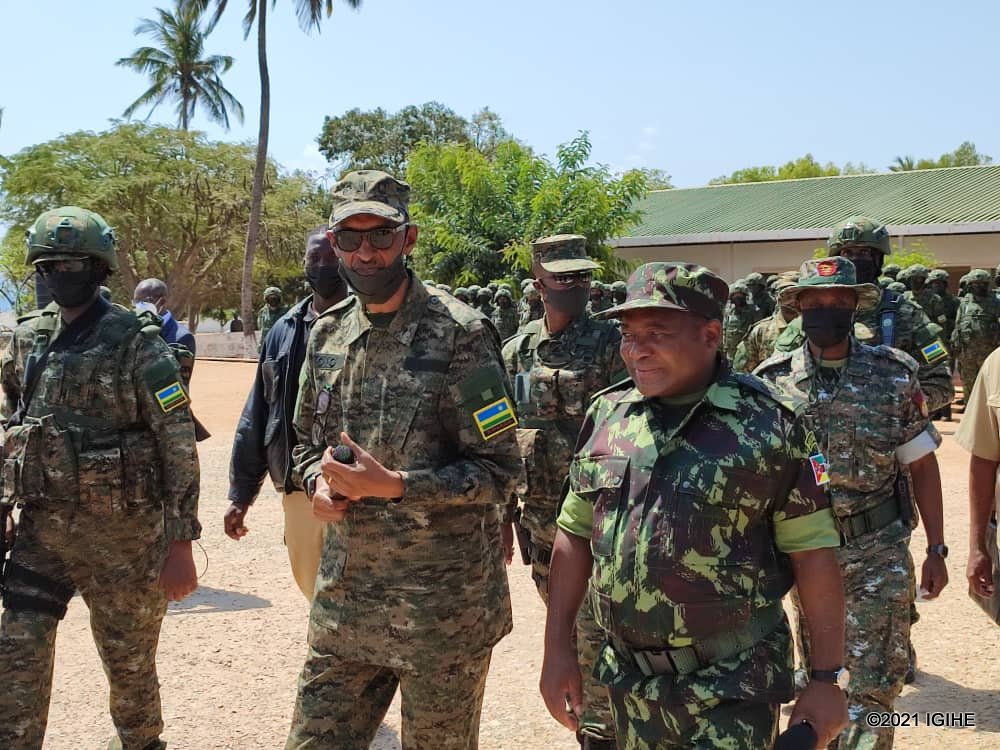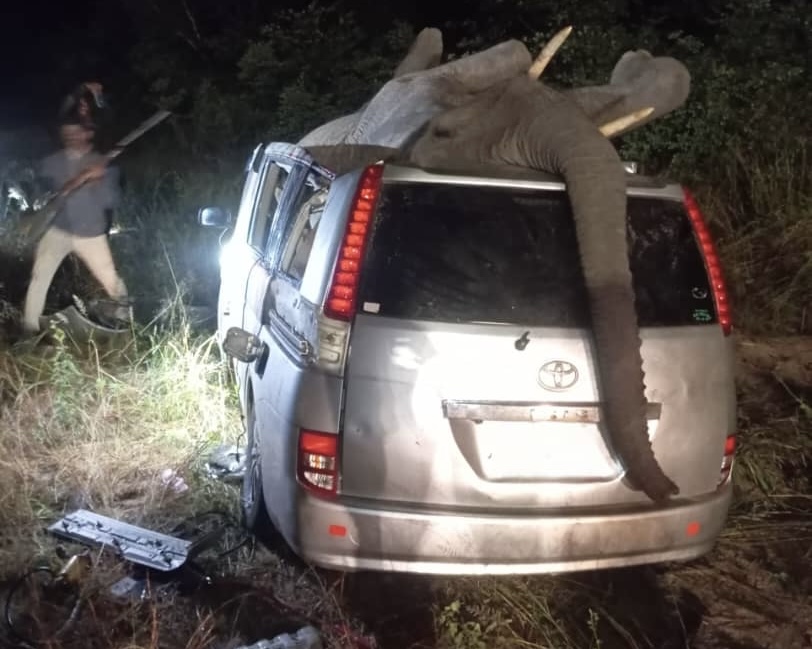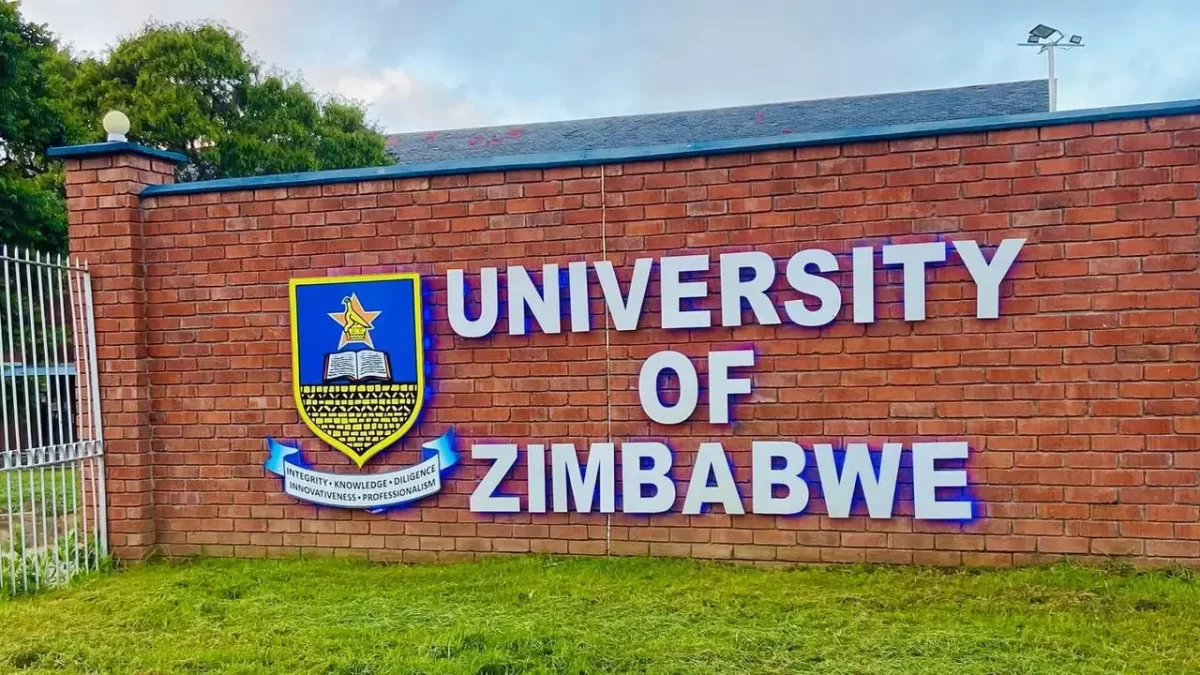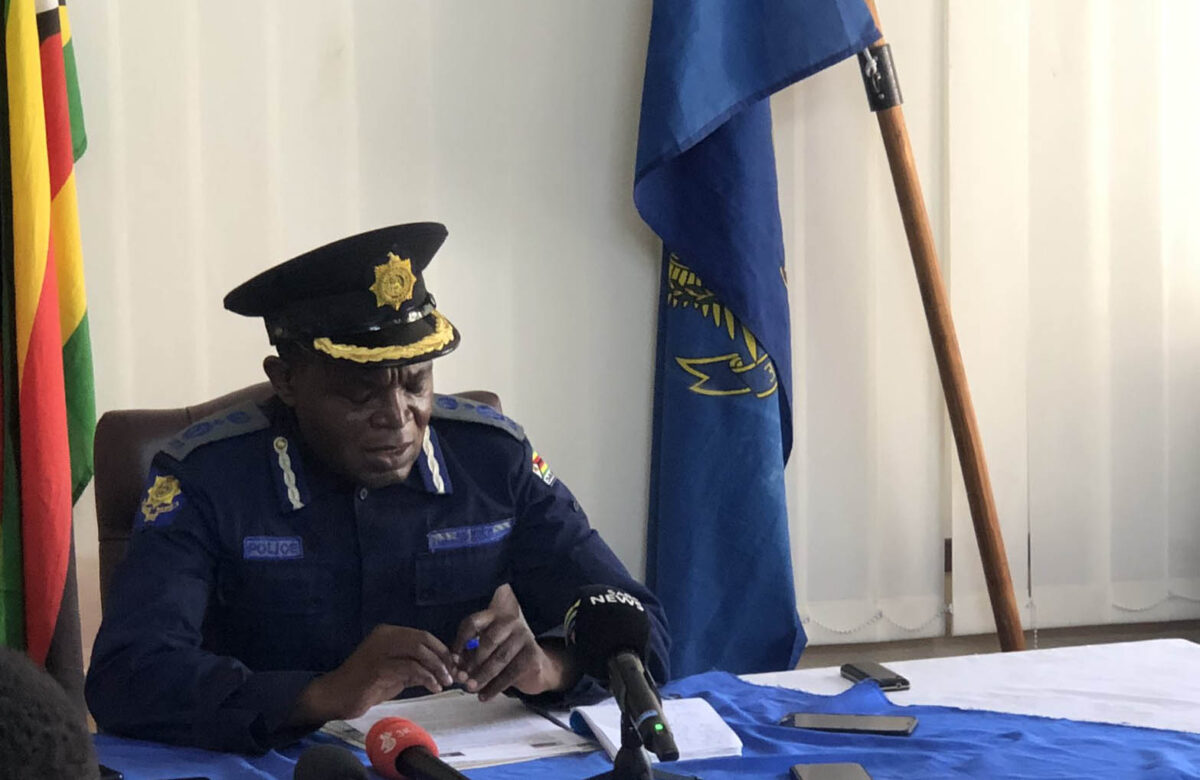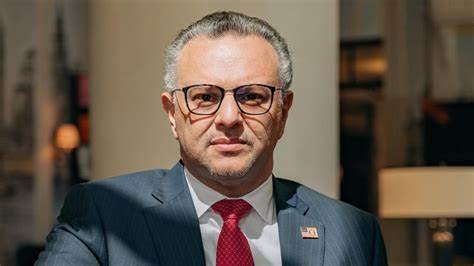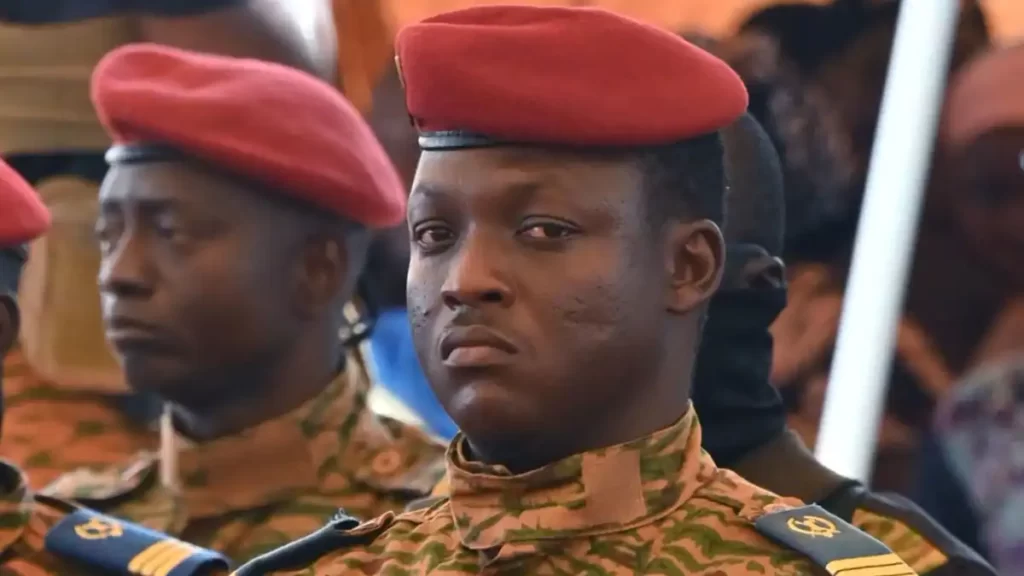PEMBA, Mozambique – Rwandan President Paul Kagame has arrived in Mozambique, where he has deployed some 1,000 soldiers to help local security forces tackle fighters wreaking havoc in the country’s north.
Attacks by an armed group known locally as al-Shabab, whose origins, analysts say, are steeped in local political, religious and economic discontent, have steadily increased in the Cabo Delgado province since October 2017. The violence, including the raiding of villages and towns, has killed more than 3,306 people – half of them civilians – and displaced at least 800,000 from their homes over the past four years.
Rwanda in July was the first of several African countries to provide reinforcements to Mozambique’s army, overwhelmed by the worsening conflict in the gas-rich province. A contingent of forces from the regional bloc, the Southern African Development Community (SADC), is also patrolling northern Cabo Delgado.
Kagame landed in the provincial capital, Pemba, on Friday morning and was received by his Mozambican counterpart, Filipe Nyusi. The two leaders met and addressed Rwandan troops deployed to the province.
In a joint news conference, Kagame said Rwandan troops would help secure and rebuild the areas destroyed by the violence.
“The work hasn’t been easy,” Kagame told his soldiers, according to posts on the Rwandan presidency’s Twitter account. “You have done great work alongside Mozambican troops. You sacrificed and endured days and nights in the scorching sun, heavy rains,” he said.
“The work done so far cannot stop here. We now have another task which is to continue rebuilding and protecting this country.”
For his part, Nyusi called Rwandan troops “real heroes”, adding that Mozambique’s “soldiers are forever indebted to you and we look forward to continuing rebuilding the lives of our citizens for the better”.
Foreign forces have helped Mozambique regain ground in Cabo Delago since fighters linked to ISIL (ISIS) launched a coordinated assault on the port town of Palma in March, offsetting multibillion-dollar gas projects and raising international concern.
Some local officials have encouraged civilians to return, according to media reports, and the Rwandan military’s spokesman said 25,000 people had been brought home. “It is very safe for them to go back,” Ronald Rwivanga told Reuters news agency on Thursday.
But United Nations officials are not so sure.
A document compiled in September for UN agencies and other aid groups, seen by Reuters, said it was not clear whether the fighters’ capabilities had been much reduced. “Fighting continues in certain locations and civilian authorities have not been re-established,” it added.
Al Jazeera’s Malcolm Webb, reporting from an abandoned town in Cabo Delgado, said the remains of what the fighters had left behind were still visible.
“A lot of the buildings have been torched, goods from the shops have been looted, cars have been set on fire as well,” he added.
“Civilians in this area really fear the fighters from this armed group. They are notorious for beheadings, for abducting people and all of the villages that we passed along the road are still completely deserted.”
Rwivanga said the Rwandans had been moving civilians back into the area they control near a $20bn liquefied natural gas (LNG) project run by oil major TotalEnergies, which was forced to a halt by the Palma attack.
Yet security analysts say the Mozambican military deficiencies that allowed the armed campaign to take hold in the north – including soldiers that are ill-equipped, undisciplined and poorly paid – will not be easily reversed. Even with other forces there, they say, security is uncertain outside of small, heavily guarded areas.
Mozambican and Rwandan forces notched up a major victory in August, when they drove the fighters out of their de facto headquarters in the port city of Mocimboa da Praia.
But violence has continued. Local people and security forces have recently reported a string of attacks in Quissanga district, south of Mocimba da Praia, where fighters are believed to have fallen back after the town was retaken. The latest occurred on Thursday evening in the village of Lindi.
“Two people were killed and another two people were injured,” an unnamed police source was quoted as saying by AFP news agency on Friday, adding that fighters had captured several women and girls.
Fighters also ambushed two buses transporting soldiers later that night, causing at least one death, a traffic police officer told AFP. The attack took place on a main road that had been closed for two years due to similar incidents, and only recently reopened following the arrival of foreign troops.
In total, at least 10 people have been killed across several villages in Quissanga over the past week, another police officer said. Some of the victims were reportedly beheaded.- AFP

